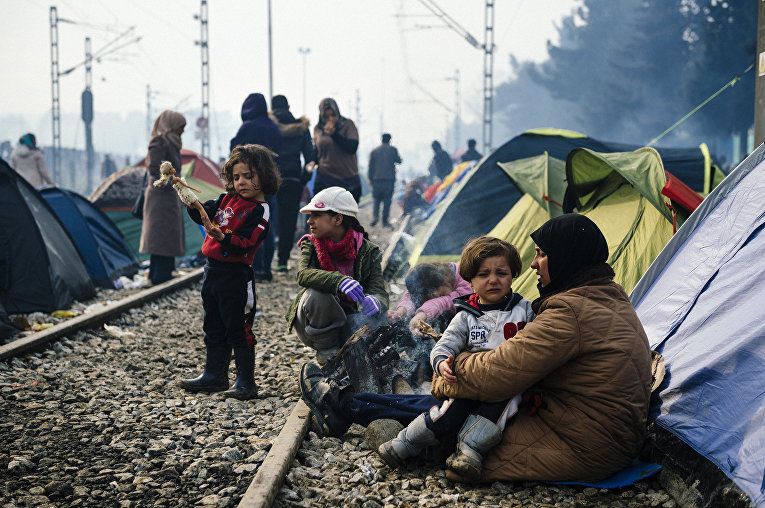In 2015, the EU adopted a system of quotas for the distribution of refugees, according to which all Member States must accept a certain number of migrants – depending on the size of the state and the number of its population. The Visegrad Four – Hungary, Poland, the Czech Republic and Slovakia – spoke out against such rules because of religious and racial differences between refugees and Eastern European peoples. These states traditionally have a high level of xenophobia and intolerance towards other ethnic groups, especially to African or Arabian that are completely alien to them. Besides that, the local authorities in some Eastern European countries are populist nationalists, that stand against the admission of refugees under the diktat of Brussels.
Recently, the migration issue started gaining momentum in the European politics again, because soon, on December 10-11, there will be the scheduled EU countries congress in Marrakech with the objective to sign The UN Global Migration Pact.
The document was opposed by those countries where migration issues are unpopular, or where populist nationalists and right-wing conservatives came to power and promised to close their borders for refugees. Austria and Switzerland were not happy about the necessity to host and integrate refugees at their own expense before, and did not support the Pact now. Poland, Hungary, Czech Republic – the three countries of Eastern Europe, that criticized the EU’s approach to the migration crisis from the beginning – immediately withdrew from the Global Pact.
Iliya Kusa, Valeriya Piven, Ukrainian Institute for the Future
Read the full text on hvylya.net


Вам також буде цікаво:
About Marshall Plan and assistance to Ukraine
Prospects for education development in Ukraine: sociological survey of one illusion
THREE SCENARIOS FOR UKRAINIAN TRANSIT
School and technology: the adventure of more than regional scope (ua)
Reasons of organizational fiasco of Ukraine in PACE
Dmitry Nekrasov presents a report “Limits of Russian strength”